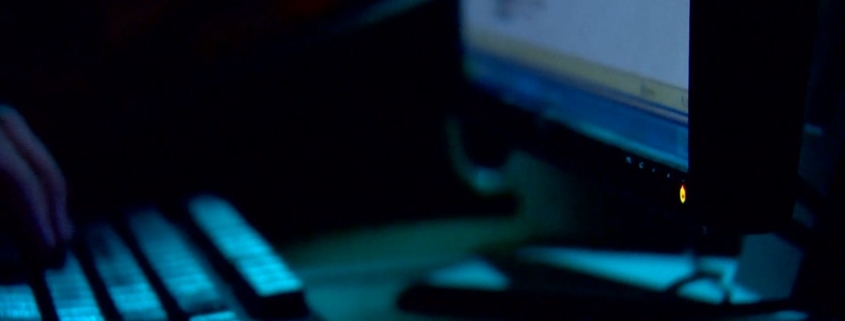Match takes on Google, saying it’s ‘a hostage’ to monopolistic Play Store fees
Dallas-based Match Group Inc. accused Alphabet Inc.’s Google in a lawsuit of acting as a monopolist with its app store billing rules, the latest escalation in a brawl over the mobile-app industry.
Match Group, which operates dating apps such as Tinder and OkCupid, alleged that Google breaks federal and state laws and abuses its power with a requirement that app developers use its billing system on Android devices.
“Ten years ago, Match Group was Google’s partner. We are now its hostage,” Match Group said in a complaint filed Monday in northern California federal court. “Blinded by the possibility of getting an ever-greater cut of the billions of dollars users spend each year on Android apps, Google set out to monopolize the market for how users pay for their Android apps.”
Google, like Apple Inc., has faced enormous recent legal and political scrutiny over the commission fees and billing restrictions both companies apply to paid services in their app stores. Congress is currently weighing a bill to force Google and Apple to change their business models.
In response to public pressure, Google has halved its 30% fee for some apps. But the company said it would tighten its rules that require the use of its billing system for in-app purchases, citing security concerns. Google gave a June 1 deadline to comply or be removed from its Play Store.
In March, Google announced it was letting select apps offer their own billing service in addition to Google’s on Android devices. Spotify Technology SA, another app store critic, said it was using this option and Google suggested more companies would follow.

Not Match Group, apparently.
“This lawsuit is a measure of last resort,” Chief Executive Officer Shar Dubey wrote in a statement.
Dubey said her company tried “in good faith” to resolve its concerns with Google but was left with “no choice but to take legal action.” In its filing, Match Group said that it asked Google to adopt this new “user billing” feature but Google refused.
Google representatives didn’t immediately respond to a request for comment from Bloomberg.
Match is forecasting $42 million in additional costs for Google’s Play Store during 2022, chief…




